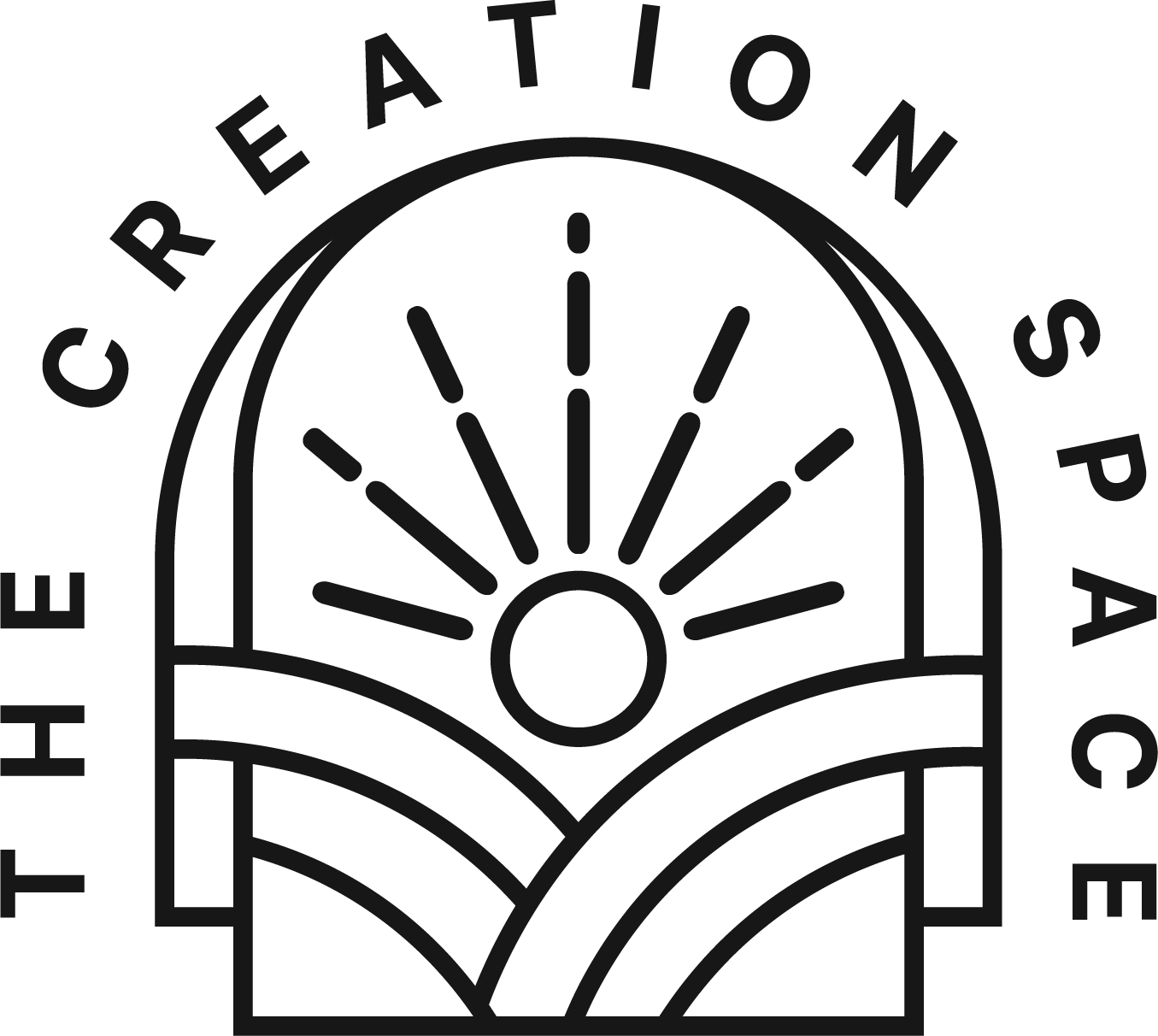What are Healthy Relationships (and How do I Find One)?
Whilst we all covet the ideal romantic relationship, few of us know how to go about finding or creating one. And sadly, many modern relationships find their roots in safety before love. But what exactly does this mean?
The Safety v’s Love Conundrum
In our early relationships, we learn crucial lessons about reliability, trust, and self-assurance. These formative experiences shape our perspectives on whether we can count on others and, perhaps even more significantly, whether we can rely on ourselves. It's a pivotal time that sets the tone for our future romantic relationships.
When these early lessons leave us feeling unsure of ourselves or doubtful of others, we learn to gravitate towards partners who provide a sense of security. These relationships, while offering comfort and familiarity, are fundamentally rooted in the pursuit of safety rather than love itself, this is the distinction that makes them unhealthy at their very foundation. And sadly, they are much more common than we might think.
What does a Relationship Based on Safety Look Like?
Well mostly it looks like avoidance or neediness. Where one partner craves the constant attention of their partner who always seems just a little (or a lot) out of reach. While the other partner likes to manage space, so never being available to give fully to the partnership. Sadly both sides of this dynamic are playing out wounds relating to the way love was shown to them in childhood. Safety feels like control - controlling your partner either through too much space or not enough.
Why does the Need for Safety Exist?
From infancy we are wired to seek safety. It is a primal need based in survival. Safety means that our basic needs for food, shelter and emotional nurture are met. When we have a caregiver who is unable to meet these basic needs or is inconsistent with their delivery (there are many reasons why this may happen, some overt and some are much more nuanced), then we learn to adapt strategies to keep ourselves safe. This might look like keeping quiet so as to avoid triggering rage, or to stop asking for affection to prevent repeated rejection.
How does it Show up in Relationships?
A relationship based in safety usually is a perfect mirror of the relationships you had with your primary caregivers as a child. It feels good because it feels familiar, it operates on dynamics that you are used to. You fall seamlessly into the role that you played in childhood. And are navigating a relationship based on your wounds founded in the neglect or suffering you incurred as a child. These relationships frequently trigger reminders of your childhood wounds and are more or less destructive depending upon your own emotional maturity and level of growth or healing.
The Quest for Healthy Relationships Founded in Love
Yet, unconditional love is the pinnacle of relationship mastery - a type of relationship aspiration that many do not even realise they pine for. This type of loving relationship simply cannot exist where either partner is looking for safety outside of themselves. Only in a space of deep trust of self and other can a healthy loving relationship exist. One where you have no demands on the other person because you are at deep peace with who you are, and know that the resources you need are always available to you, whether you continue to be in relationship with this person or not. It is an extraordinary form of love that thrives only when both partners hold a deep-seated trust in themselves and each other. This level of deep connection requires a steadfast commitment to self-love in order to flourish.
The journey toward healthy relationships and unconditional love begins with self acceptance, self-worth, and self love. And it ends with you stepping into your power, standing in your light and radiating nothing but pure love. That’s how you ALIGN with unconditional love and ATTRACT the love of a lifetime (or better still many lifetimes!)
Embracing Unconditional Love
So, how can you shift from the safety-centred dynamics to unconditional love and a healthy romantic relationship? The transformation starts with introspection and self-discovery. Examine your past experiences, understand how they have influenced your perceptions, and determine whether you have built walls around your heart in the name of safety.
Are you afraid of being truly seen? Have you created a persona or do you have people-pleasing tendencies? All of these are common ways of guarding your heart and protecting yourself from loss, pain and suffering or potential rejection or abandonment by someone you love.
Childhood often holds the key to how and why you created these walls. Self examination and inner child healing are vital to tearing them down so you can offer love from an open heart.
As you embrace your shadows, release shame and begin to bloom into self acceptance your worthiness will expand and you will align with a different type of love. A love founded in wholeness and acceptance, rather than lack and loneliness. Only by standing on a solid foundation of self-love can you extend the same to a partner.
The path to healthy relationships is one of unconditional love and transcends the confines of mere safety and security. It's a journey that begins within and ends with the pure essence of love that we are radiating outwards.
For when you become love, you attract love.
If you would are ready to anchor in deep self love, and attract healthy relationships into your life, check out my Online Program - Overcoming Overwhelm: A Self Love Course. Created for you to discover where you are sacrificing yourself for the sake of relationship harmony and to remind you that your needs matter too. I’d be delighted to work with you!
Much Love,
Lynsey



